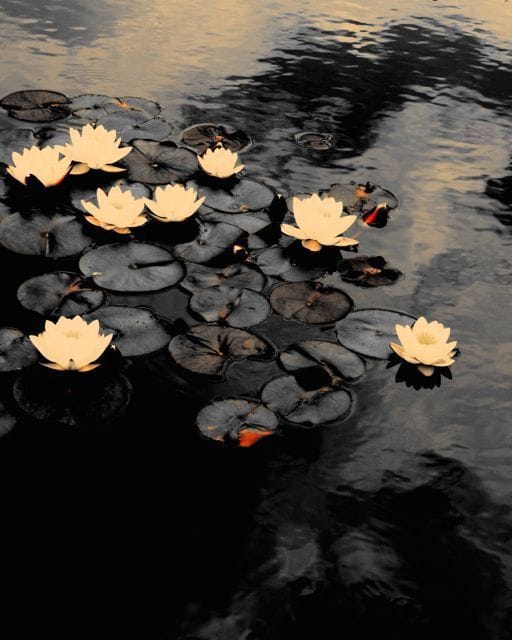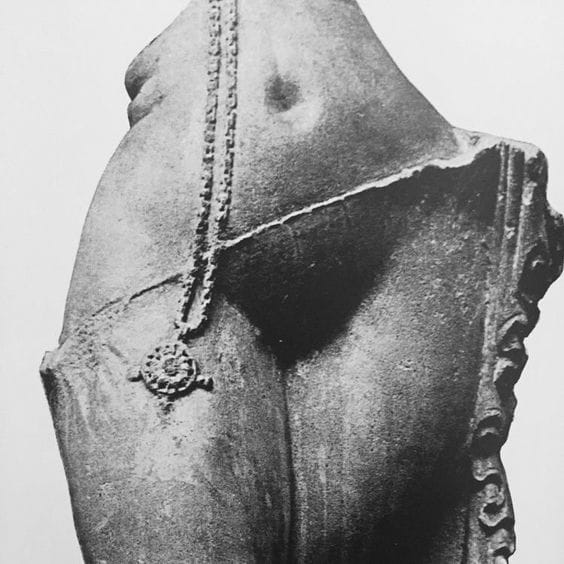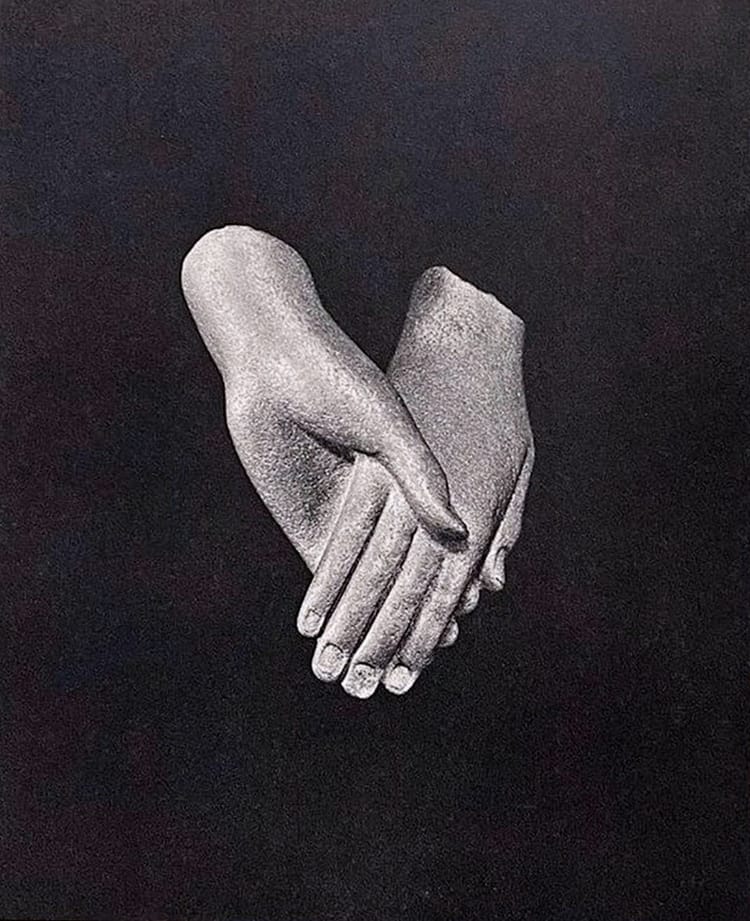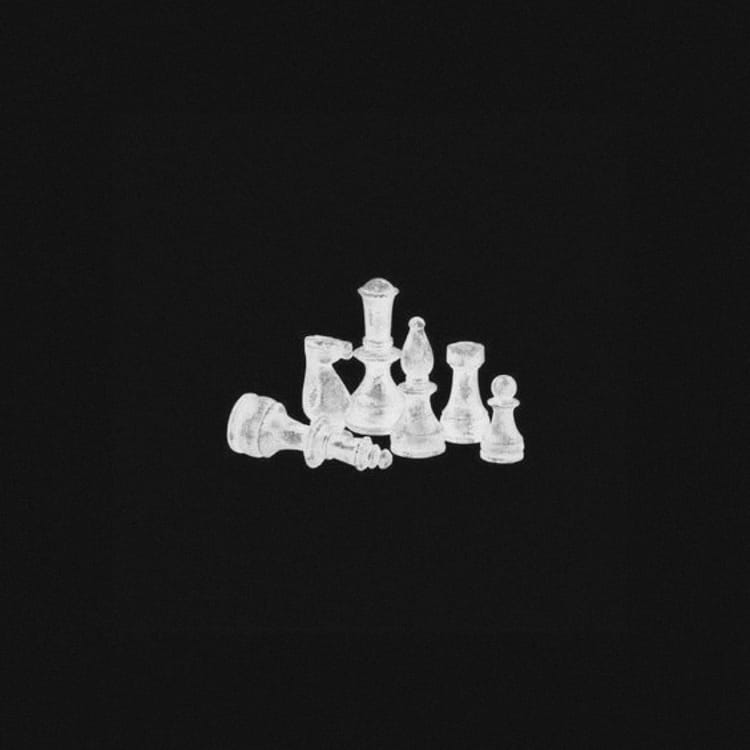Live Simply; Think Deeply
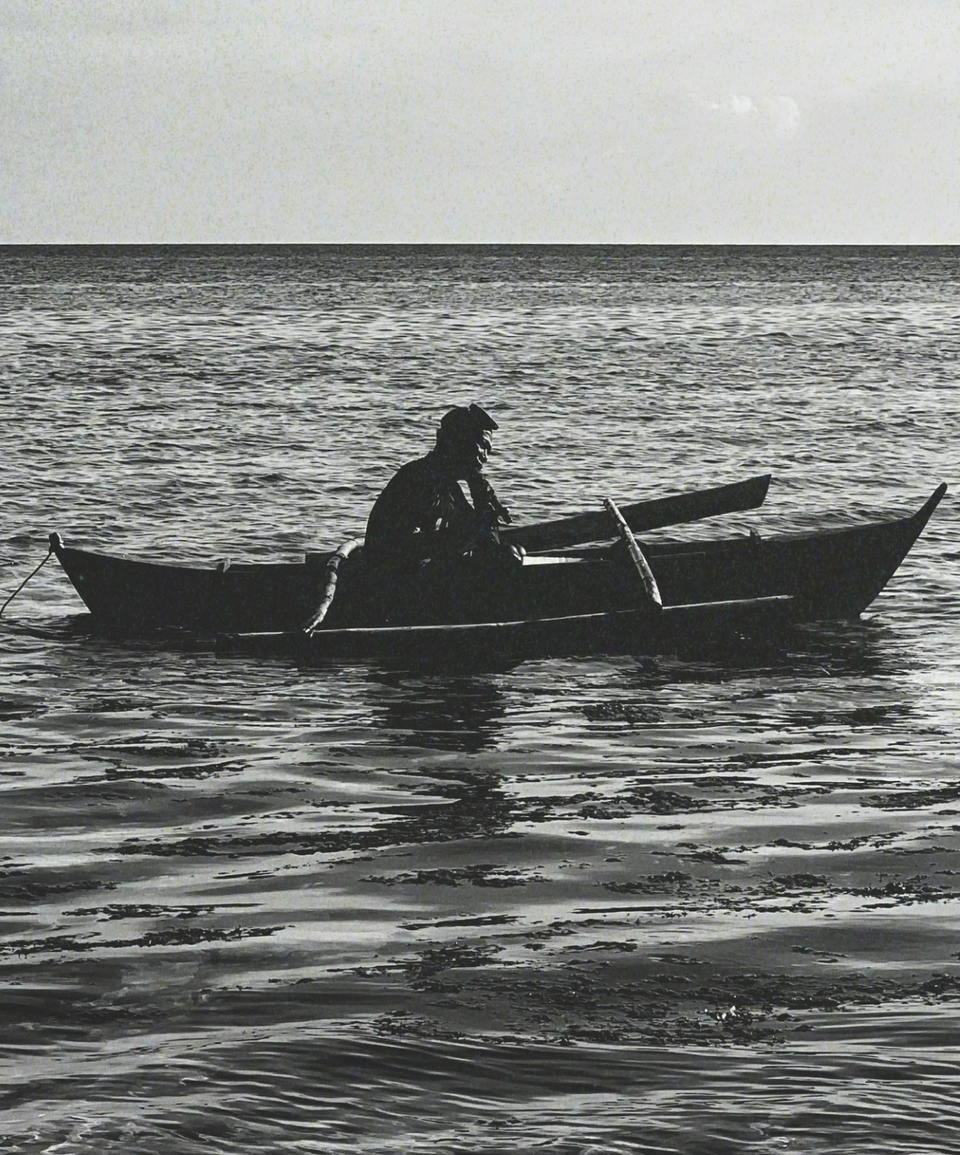
Years ago, I frequented a Hare Krishna temple in my street regularly. I’d eat there three days a week, sitting in an austere hall with a hundred strangers.
Hindus, Christians, professors, jailbirds, the homeless, the manic and the monastic, the curious and the cast-aways. All of us, breaking bread barefoot in the hall.
A humming, murmuring, harmonious symphony of human beings momentarily stripped of external superficialities.
There were no conversions, and no one was shoveling their stale dogmas down your throat. The monks believed the pradasam (purified food) transmuted people's energy, reawakening and bringing them together.
It was the first time in my life any organized religious structure honored its ideals as a living, breathing reality.
Some nights, a young monk would sit beside me.
He was just a few years older than me, gregarious, and refreshingly honest, and we became friends over discussions on the Vedas.
He’d invite me to lectures given by traveling monks, and we’d sit and laugh about the absurdity of life as he taught me more about the reality of a philosophy than I could have learned in a hundred books.
Our lifestyles were diametrically opposed, yet under our social guises, we were hankering after the same questions.
He used to repeat the same mantra endlessly:
Live simply; think deeply.
He was adamant that the greatest peace could be found between those two doors. After all his years in the temple, he found this a noble drishti.
Eventually, he left monastic life. I suppose he’d reached a chasm and, at the last moment, decided not to jump.
That the world of the sexless, cloaked ascetic on the Ganges wasn’t for him.
He yearned to experience the dualic technicolor of life. The contrast of experience. The undulating pangs of human desire that he knew would never reach him at the steps of the altar. Even if leaving the priesthood meant he was returning to successive reincarnations, he followed the pull.
He renounced his monkhood, returned to society, found a French girlfriend, and started a new life.
I left Australia, and we lost contact, yet I often think of him, smiling as I picture him experiencing the mundane moments of life, steadied by the wisdom he had gained through those years in saffron.
His words echo around the hallways of my memory, and in the years since I have tried in my way to live by them.
Live simply;
think deeply.


